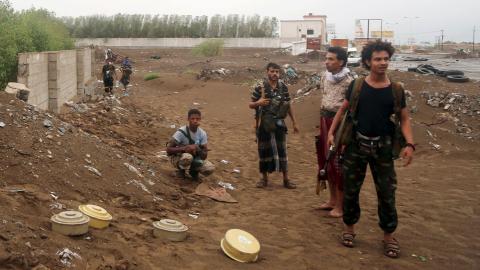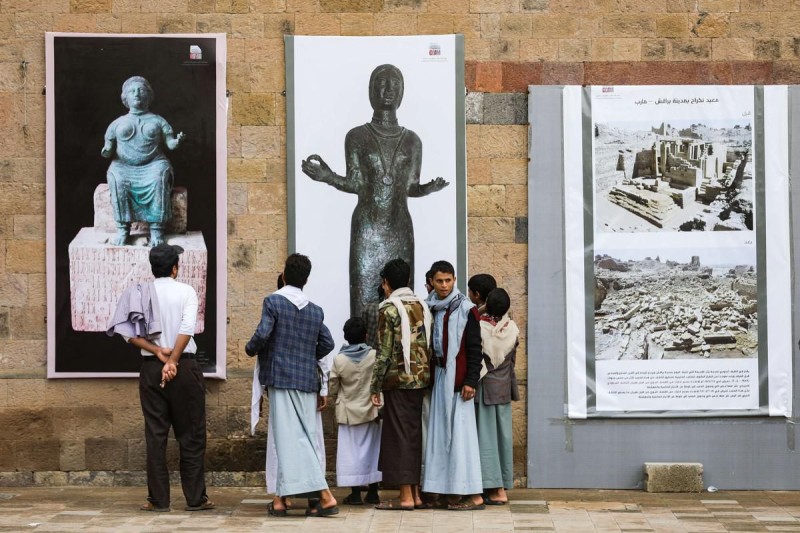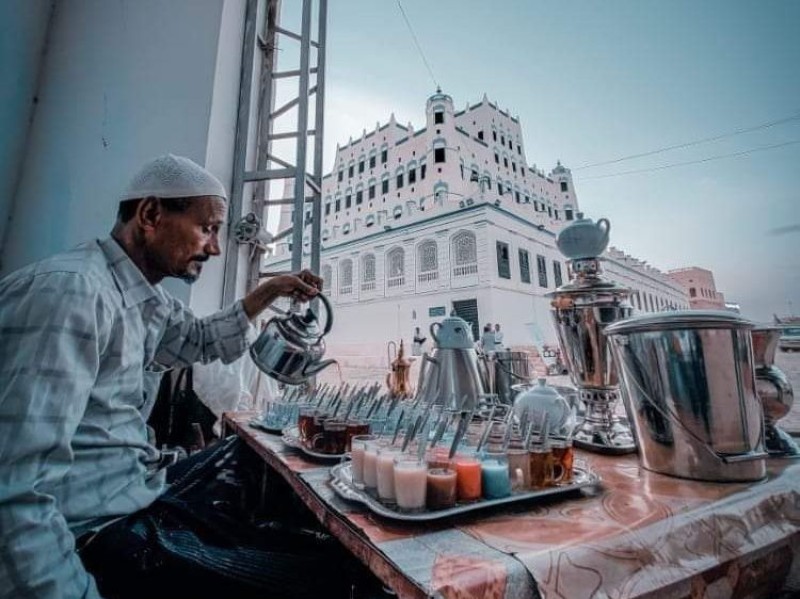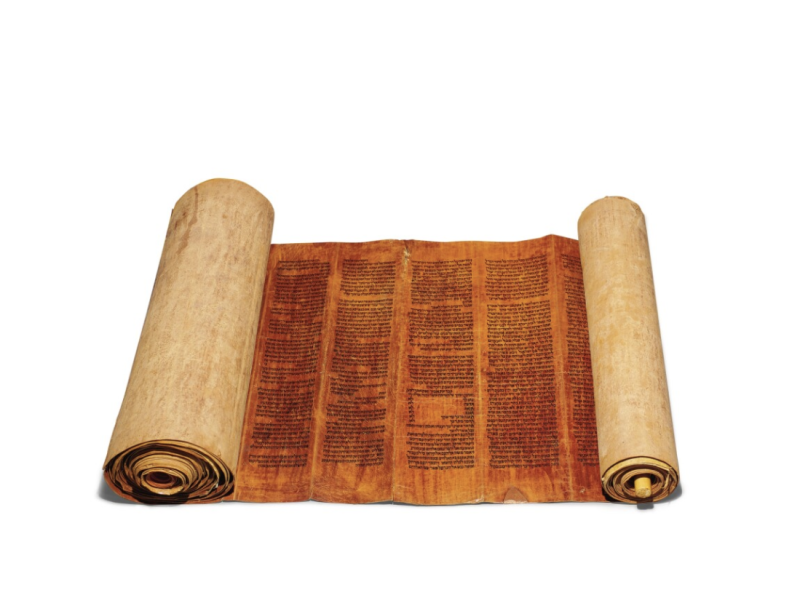Central Bank Governor : EU Planning to Support Yemen


Governor of Yemen’s Central Bank Mohammad Zimam revealed that the European Union has expressed an interest in supporting the country.
He revealed to Asharq Al-Awsat that he EU ambassador had visited the bank in Aden on Sunday, voicing an interest in providing support and assistance.
Five other European ambassadors had paid a visit to the bank, he said, which he interpreted as a sign of the stability of the Central Bank and its operating system.
Zimam declared that the bank was doing well, due to the direct support it is receiving from Saudi Arabia, which had presented it with a $2 billion deposit last year. He also cited Custodian of the Two Holy Mosques King Salman bin Abdulaziz’s grant of $60 million to support Yemen’s power sector.
This helped the Central Bank in activating all of its monetary tools and it is now operating at full capacity, Zimam stated.
These developments have helped improve the local currency, which in November had reached 800 rials to the dollar, while now its rests at 520 rials to the dollar, he continued.
Moreover, he said that the Central Bank has linked the Yemeni currency to the Saudi riyal, not for political purposes, as some sides suspect, but due to supply and demand needs.
He predicted that the rial will continue to improve in the coming months despite the advent of the holy fasting month of Ramadan when demand on consumer goods is high.
Zimam stated that the Central Bank has mechanisms in place that will help improve the prices of these goods.
In addition, he accused the Iran-backed Houthi militias of introducing counterfeit currency in Yemen through various smuggling operations.
The concerned authorities have succeeded in confiscating large amounts of this currency that is being sold in the local market, he revealed.
The legitimate government is seeking to cooperate with neighboring countries to block smuggling attempts, he stressed.
He also accused the Houthis of money-laundering through various channels, such as oil derivatives the profits of which the militias exchange into dollars and smuggle abroad.
Furthermore, Zimam said that the militias were seeking to create problems in order to counter their financial difficulties.
One such example was their filing of a complaint to United Nations envoy to Yemen, Martin Griffiths, against the Central Bank.
The complaint included many false accusations, Zimam told Asharq Al-Awsat. One allegation was that the bank was withdrawing hard currency from northern regions.
“Such claims are baseless. We have already explained to international agencies that we are accumulating reserves at the Central Bank after the Houthis manipulated more than $4.6 billion in 2016,” he stated.
“We had assumed control of a central bank that was depleted of its reserves,” he went on to say. “It now has enough reserves to help it implement its monetary policy.”
The Central Bank enjoys international recognition and boasts a reserve of $3.8 billion, which is mostly in credit to the Saudi deposit, he remarked.
AFP.

Sana’a – The General Authority for Antiquities and Museums, operating under the control of the Houthi militia in the occupied capital S…

Hadramout — UNESCO has officially inscribed Al-Dan Hadrami, a traditional poetic and musical art form from Yemen’s Hadramawt region, on…

NewYourk  -- The renowned auction house Sotheby’s has revealed plans to present one of the rarest surviving Yemenite Torah scrolls in it…